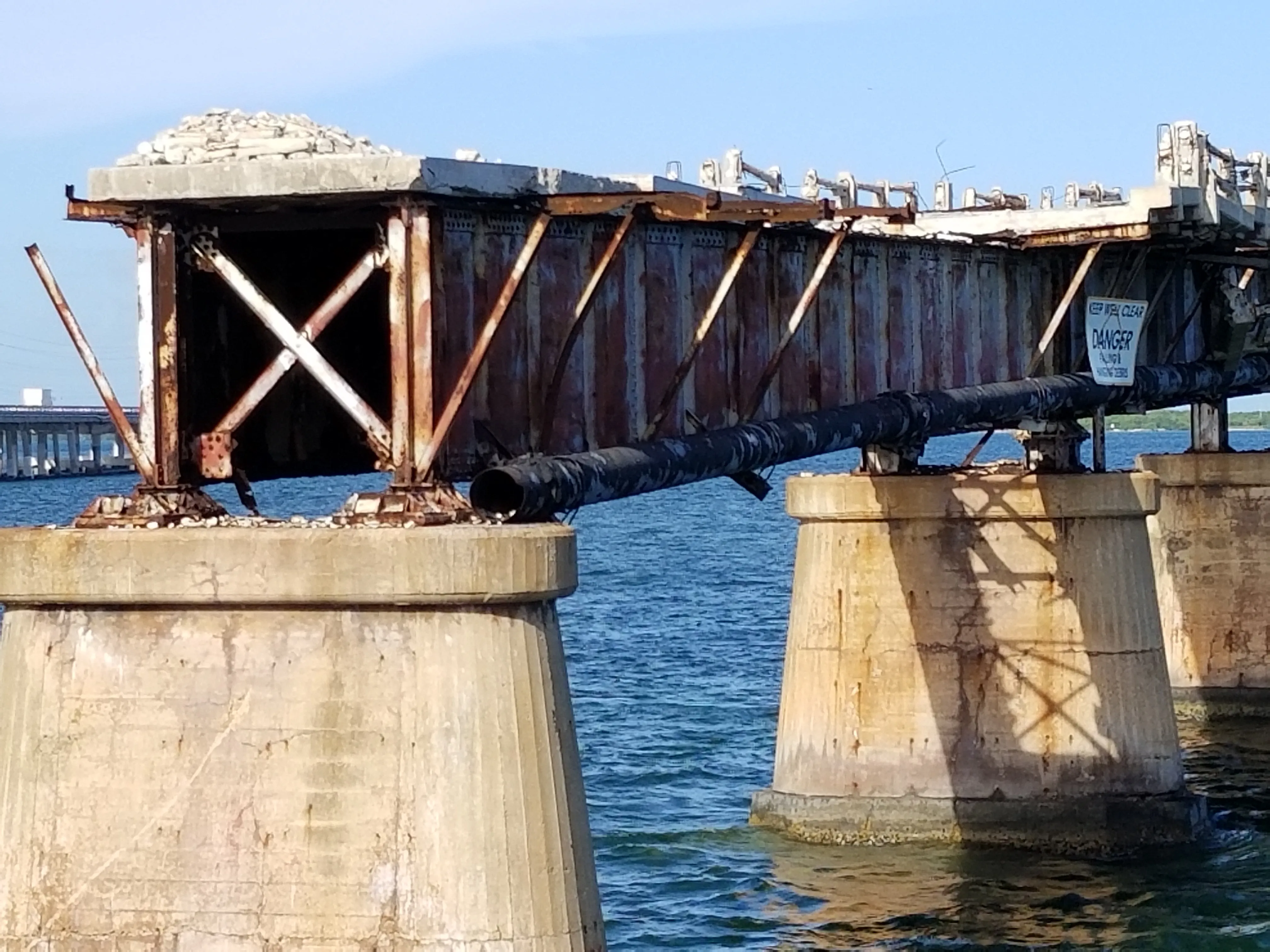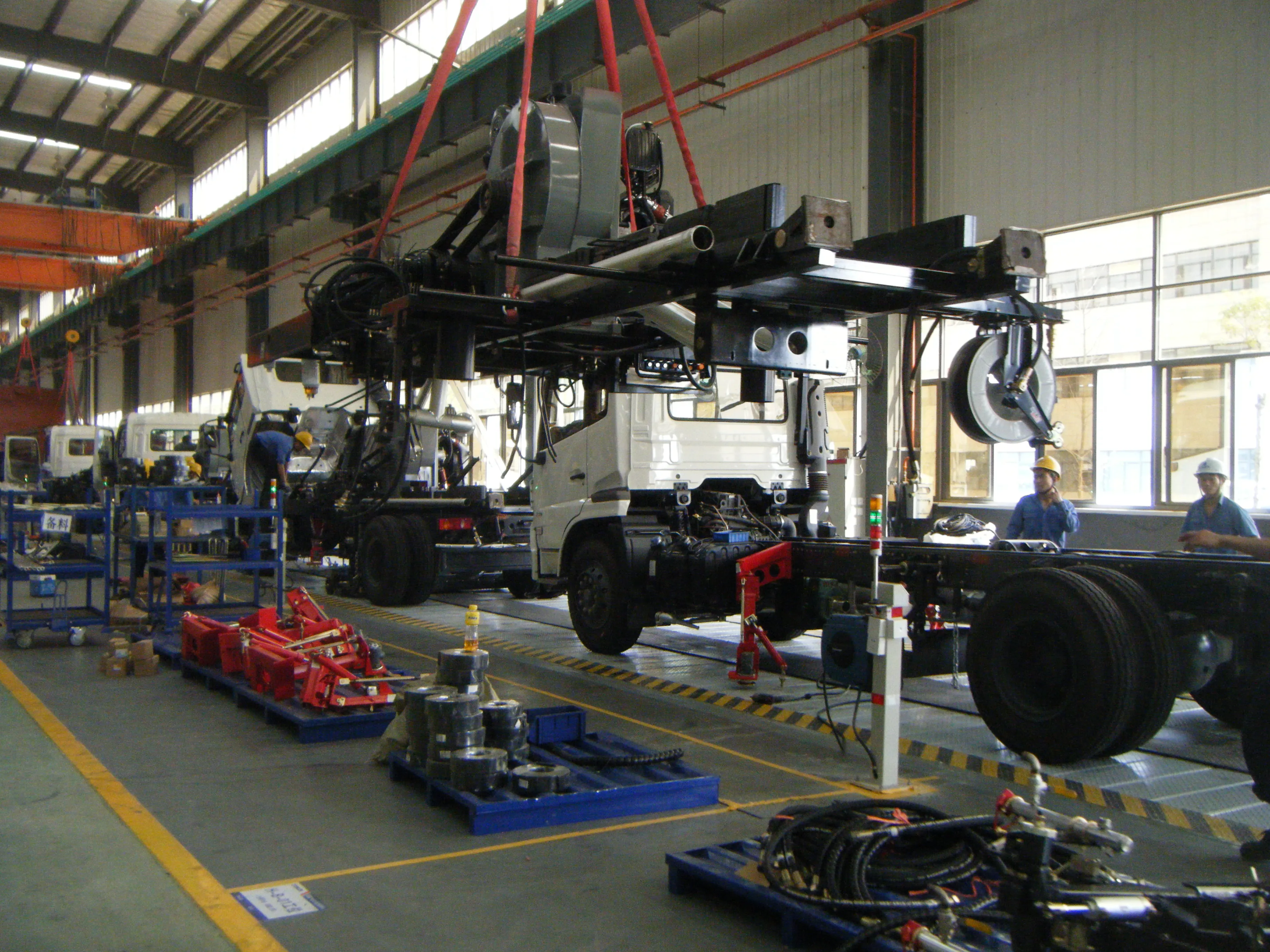A senior US equipment manufacturing figure has urged President Barack Obama to create an infrastructure programme that will help the country compete globally.
March 22, 2012
Read time: 2 mins
A senior US equipment manufacturing figure has urged President Barack Obama to create an infrastructure programme that will help the country compete globally. Dennis Slater, president of the 1100 Association of Equipment Manufacturers (AEM), said it was time for Congress and the Administration to pass a fully-funded highway bill, instead of looking at “more short-term stop gap measures”. His call came after President Obama used a section of his State of the Union speech to speak of a “huge” opportunity at the current time to “bring manufacturing back” to America. “There is no one piece of legislation now before Congress that could do more to immediately create jobs and sharpen U.S. competitiveness than the highway bill,” said Mr Slater. “Instead of long-term reauthorisation of funds to pay for much needed investment in our crumbling roads and bridges, Congress has kicked the can down the road eight different times, passing yet another six-month extension. As our global competitors know, 21st century roads and bridges are not made six months at a time.” Mr Slater, whose AEM membership comprises more than 850 companies and more than 200 product lines in the agriculture, construction, forestry, mining and utility sectors worldwide, also urged the President to reconsider his decision on the Keystone XL pipeline. He added: "America’s future depends on economic growth and energy security, and we cannot afford to reject the tremendous potential for both that large-scale, strategic infrastructure projects such as Keystone represent. On the jobs front alone, the pipeline would create more than 120,000 jobs, including more than 20,000 high-wage jobs in the construction and manufacturing industries where the unemployment rate is staggering. "Americans deserve more than just talk, they want jobs and a crucial investment in our global competitiveness.”








